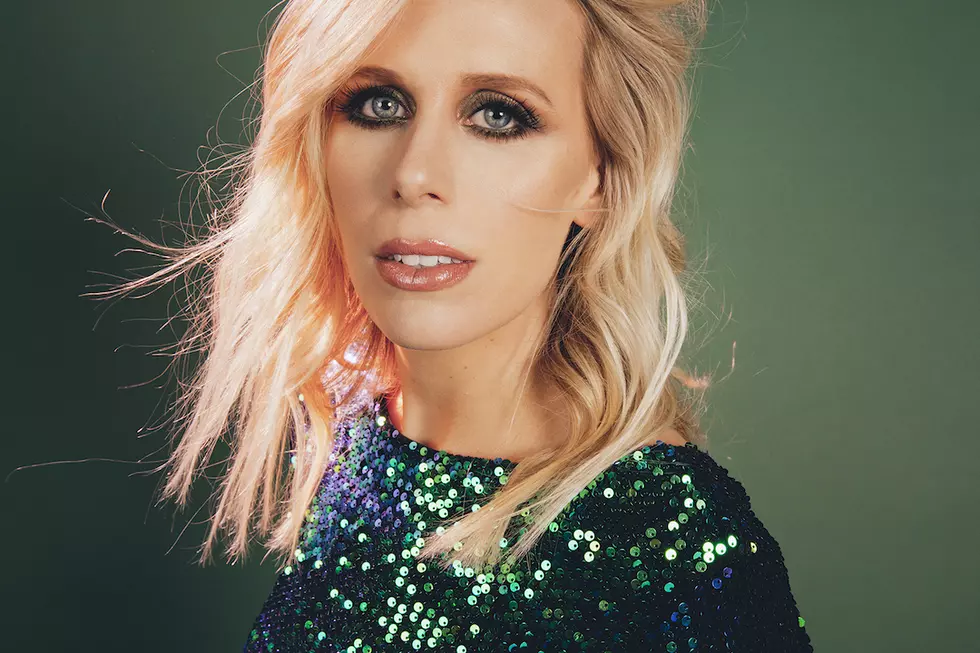
Interview: Elise Davis’ ‘Cactus’ Chronicles a Fiercely Self-Reliant Chapter of Life
Elise Davis wrote her first song at the age of 12. She'd been grounded and couldn't go to a rock concert downtown in her hometown of Little Rock, Ark.
"I really just wanted to go drink and smoke cigarettes with 17-year-old boys," the singer recalls to The Boot. "I was so upset that I ran away, and my parents didn't notice or care that I was gone. I got back home, and I was so upset about that that I went up to my room and wrote a song called "Big House," kind of about that feeling of being alone in a big house."
From then on, Davis was secretly writing songs every day after school. It took a couple more years, however, for her to begin to think about doing it publicly -- let alone professionally.
"I was doing it every day and recording it on a little tape recorder. Some of my friends found it when they came over after school one day, and they heard the songs, and I was so embarrassed," she remembers. "They ended up telling the musical director at our school that I was doing that, and he was the one who pulled me into a room and really urged me to start playing out more."
Davis has always written from an intensely personal place, and her sophomore album, Cactus, is no exception. Her latest batch of songs is a declaration of self-reliance, focused on the experience of being a young woman. The standout track "Don't Bring Me Flowers" -- which was co-written with Frank Romano and country superstar Maren Morris -- explores independence from a sexual standpoint, pushing romance and the softer parts of a new relationship aside in favor of "a couple hours too good to mention."
"I personally lived my life for a long time the way that song is singing," Davis explains. "I wanted to sing about that in a way where it's totally okay to have casual relationships."
In contrast to her debut album, 2016's The Token, which was recorded over a 10-day period in a cabin in Maine, Cactus was created in Nashville. "I wanted to do something different this time, and if I did it in my producer's home studio, I had the luxury of doing it over about six months," she says. "When you do it as a destination album, there's more pressure to get it done in the moment, which is cool in its own way, too, but I just wanted a change ... I felt like we just really listened and sat with [the songs], and got them to where we wanted to them be.
"But for the next record, maybe I wanna go out and do something there, you know?" she adds. "I think I might wanna change up how I do it always."
One byproduct of taking longer to record the songs on Cactus is that Davis is already itching to get back in the studio," because I finished recording this album about a year ago," she explains. "In the past year, I've still been writing this whole time, so I already have a group of 20 or 30 songs for the next thing. I'm always thinking about recording because that's the fun part, the art."
Cactus centers around independence and casual romantic relationships, but Davis' next project may move on to new topics. As a songwriter who draws heavily from her personal life, Davis says, her songs change as she does.
"Since this album, I actually got into a really serious relationship, and I live with him now," she goes on to say. "When you're always trying to write true to what you're experiencing and living, it's an ever-evolving thing. Honestly, I think when I finished recording Cactus, it was kind of like a chapter ending for me, in my life. I was open to a relationship in a way that I hadn't been before.
"Ending it did feel like I was ready to move on to something," she adds.
More From TheBoot









